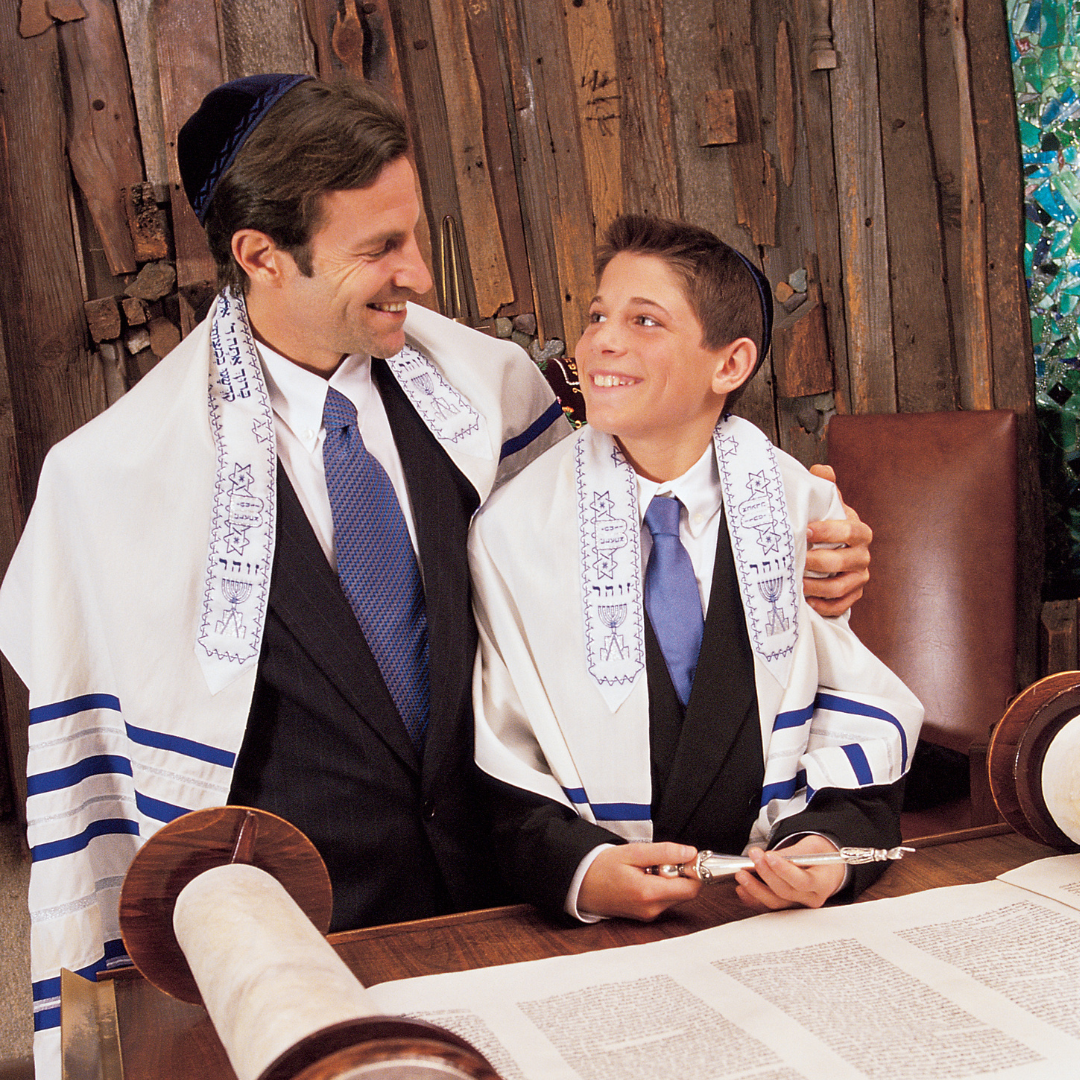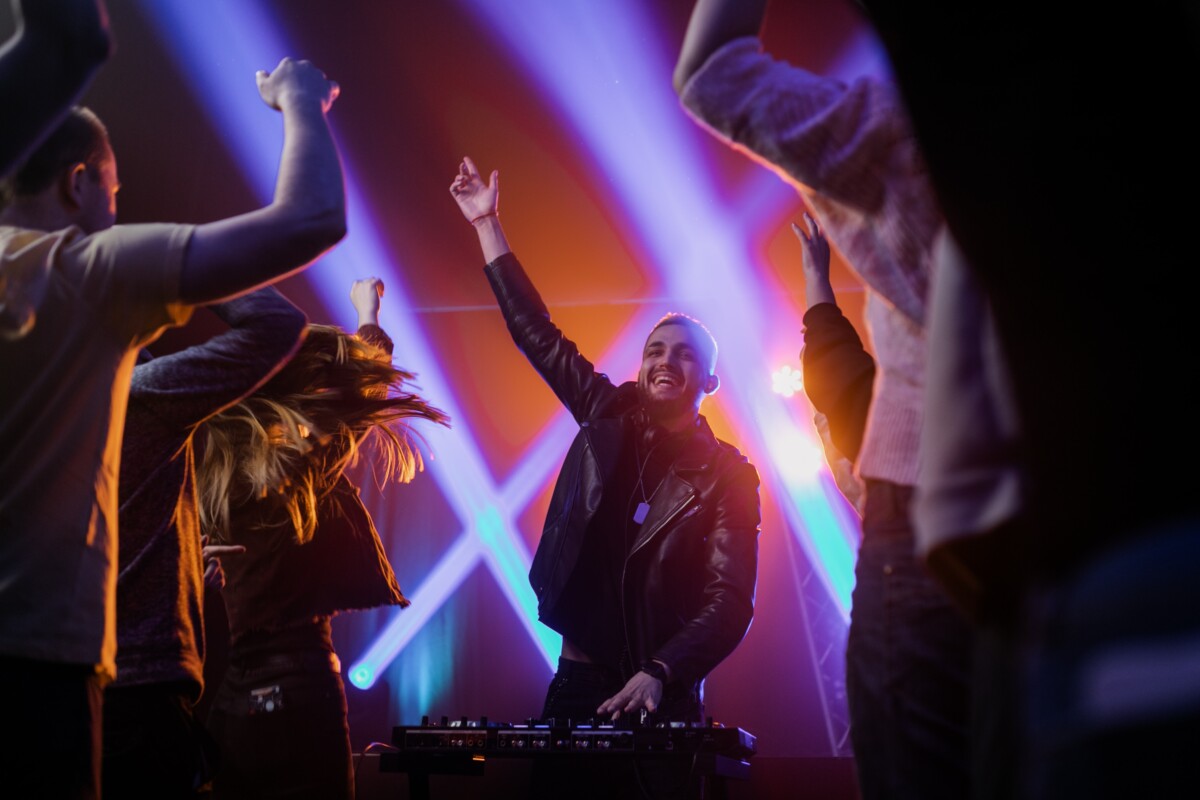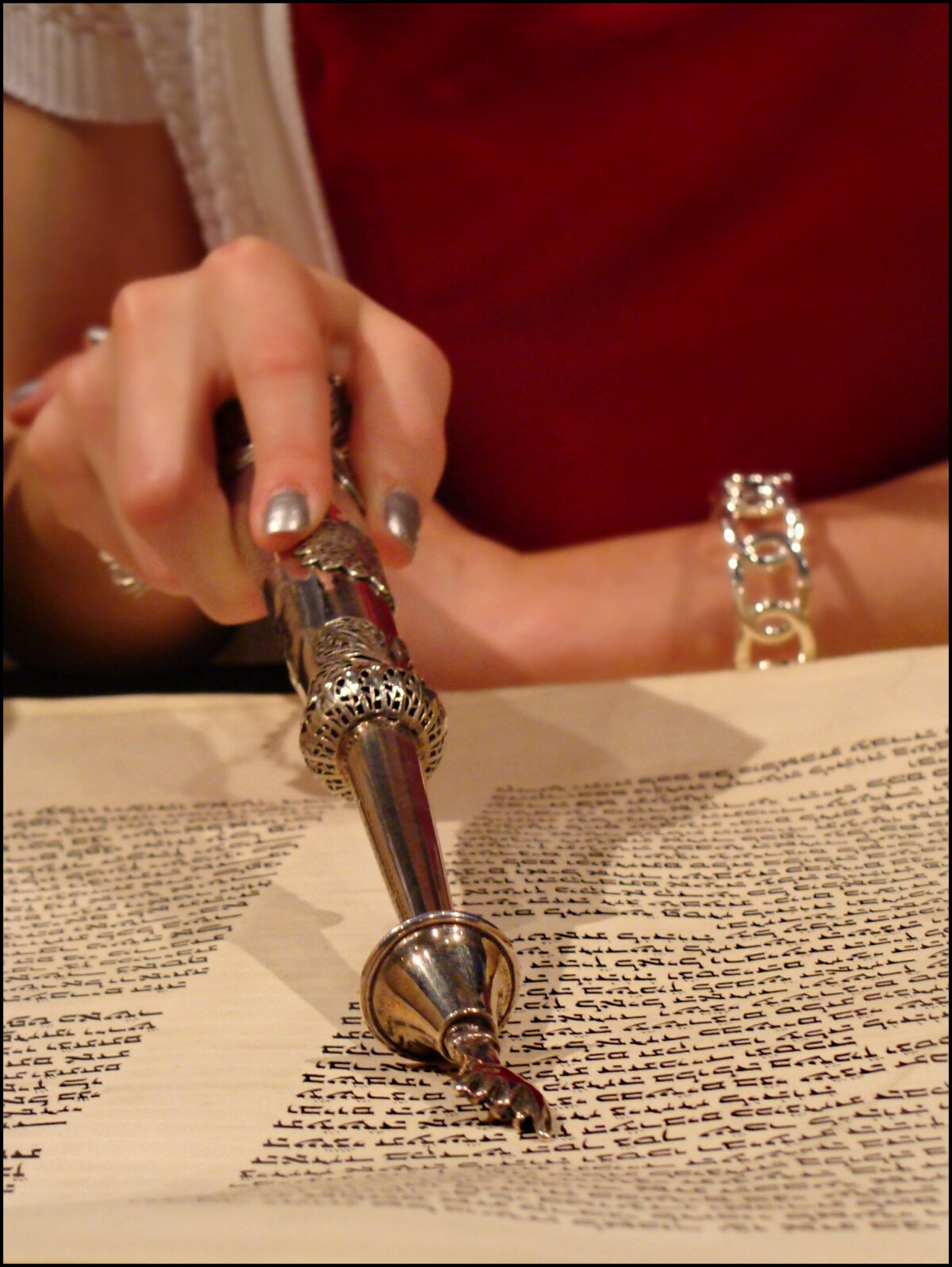
How to Write a B’nei Mitzvah Speech That’ll Leave Your Guests Faklempt
By Drew Kramer
The B’nei Mitzvah ceremony marks the passage from childhood to Jewish adulthood. Called to the Torah, the B’nei Mitzvah celebrant accepts responsibility to abide by the commandments. Traditionally, on the day of one’s B’nei Mitzvah, the student leads morning prayers, publicly reading the weekly Torah portions for the first time. In addition to the recitation of the Hebrew prayers, it is typical that the celebrant give a speech.
Likely, the first time your child addresses a group of people on any topic, let alone life, faith and Jewish identity, the speech is loaded. As if chanting Hebrew prayers isn’t stressful enough, this public lecture adds another layer of responsibility to educate, humor and move people.
Check out …How Much Money Should I Give as a Bar Mitzvah Gift?
As you and your child prepare to write the first public speech in his or her short life, some advice is necessary. Before reminding your child to picture the audience in its underwear, begin with sage wisdom that will carry them through a lifetime of public address: to speak publicly with confidence, one must have a plan. Below is an overview of how to write and perform a memorable B’nei Mitzvah speech that will fill your family and friends with laughter and tears.
- Warm up the crowd. Remember that your audience is filled with the familiar faces of family and friends. The room is already warm and loving, but your introduction will bring everyone closer. Here is the child’s opportunity to welcome the crowd to this day. Acknowledge those who traveled from near and far to share in the joy of the occasion. Reference those who came from the farthest locations, expressing your gratitude for their journey.
- Interpret your Torah Portion to reveal your depth. Shifting from welcoming messages of gratitude, now it is time to dig into the deeper meaning of the day. Today you not only read from the Torah, but commit to living life by its values. Demonstrate your depth of understanding and love for your Jewish history and identity through your Torah portion. The Torah portion is the two to six chapters of Torah assigned for study in each week of the year. For thousands of years, Jewish communities all around the world study the same portion of the Torah in unity. Today is your day to demonstrate how the lessons of Torah fit into your modern life and how you will choose to live as a Jewish adult. For example, this week’s Torah portion is Parashat Vaetchanan (read on 29 July 2023). Vaetchanan (“I Pleaded”) opens as Moses describes his pleading with God to be allowed into the Land of Israel. Moses warns the Israelites not to pursue idolatry and recounts the giving of the Ten Commandments. The portion also contains the Shema, a declaration of faith and a central text in Jewish prayer. Work with your clergy to draw comparisons to situations in your own life. When have you questioned faith and chosen to commit to Jewish ideals? Connecting the modern experience of growing up to the ancient texts will demonstrate the timelessness of the lessons of the Torah, as well as highlight your own maturity in challenging situations.
- Share your Mitzvah Project: The literal meaning of the Hebrew word mitzvah is commandment, but the generally accepted translation is that of a good deed. The emphasis is on deeds—conscious acts of empathy and kindness. This reflects the Jewish philosophy of tikkun olam, or the Jewish commitment to repair the world.Today, most congregations require B’Nei Mitzvah celebrants to select and execute a Mitzvah Project. Hopefully your clergy have helped you to select a meaningful Mitzvah Project that connects with the lessons you’ve learned in your Torah portion. Share the reasons for selecting your project and the meaning you gleaned from the experience. Commit to a lifetime of mitzvahs in your personal quest to repair the world.
- Thank your village. It takes a village to raise a child into adulthood. Many people helped to raise you to this moment. Acknowledge all of the family and community here to support you. Next, acknowledge the help of your Rabbi, clergy and teachers to prepare you for this day. Pause to thank your siblings for their comic relief in this challenging personal journey. Mention your grandparents and all those who came before you, many who sacrificed so you could live in a world where you are free to celebrate your Jewish identity. Lastly, thank your parents for bringing you into this world, giving you the gift of life and spiritual identity. Remind them that although you can give them grief, you love them eternally and strive to make them proud of the good human they raised.
The B’nei Mitzvah speech can be scary and emotional for parents and children alike. If anxiety and tears come from the enormity of the moment, embrace the energy, keep calm and carry on. Family and friends are here to share in the joy and pain of letting go as the child matures.
Choked up and without words, they are faklempt.
Drew Kramer is a writer, performer, and the founder of Lady and The Floofs.



